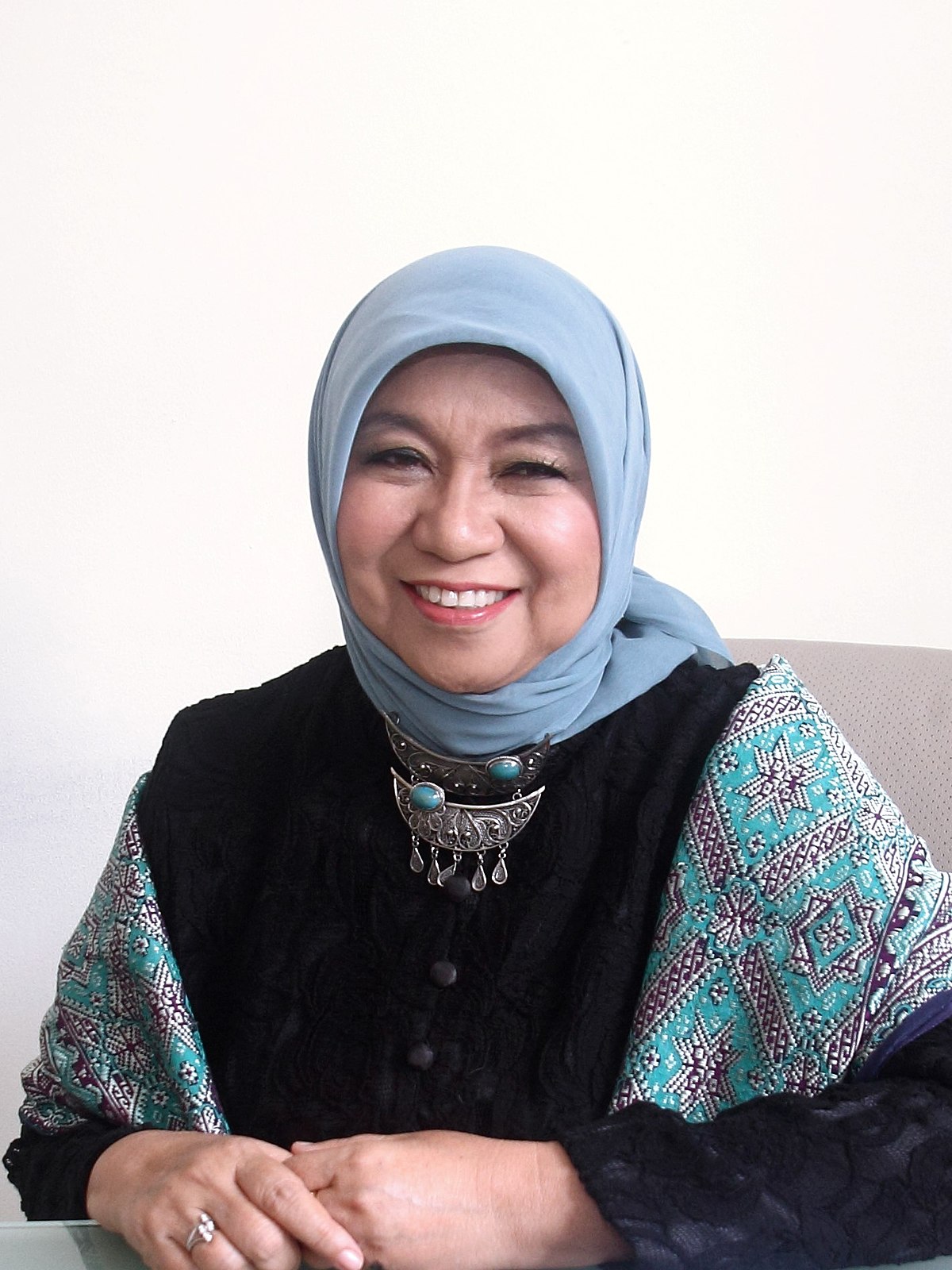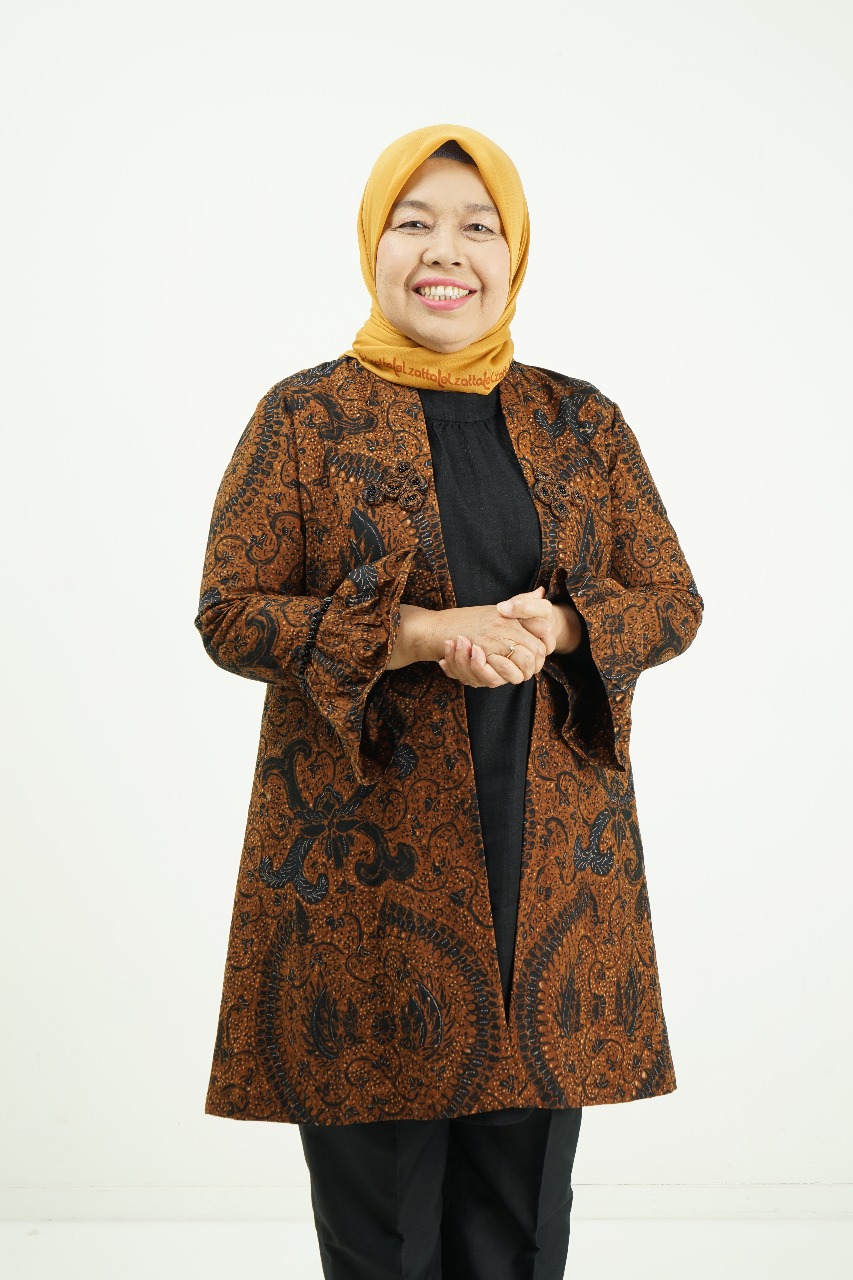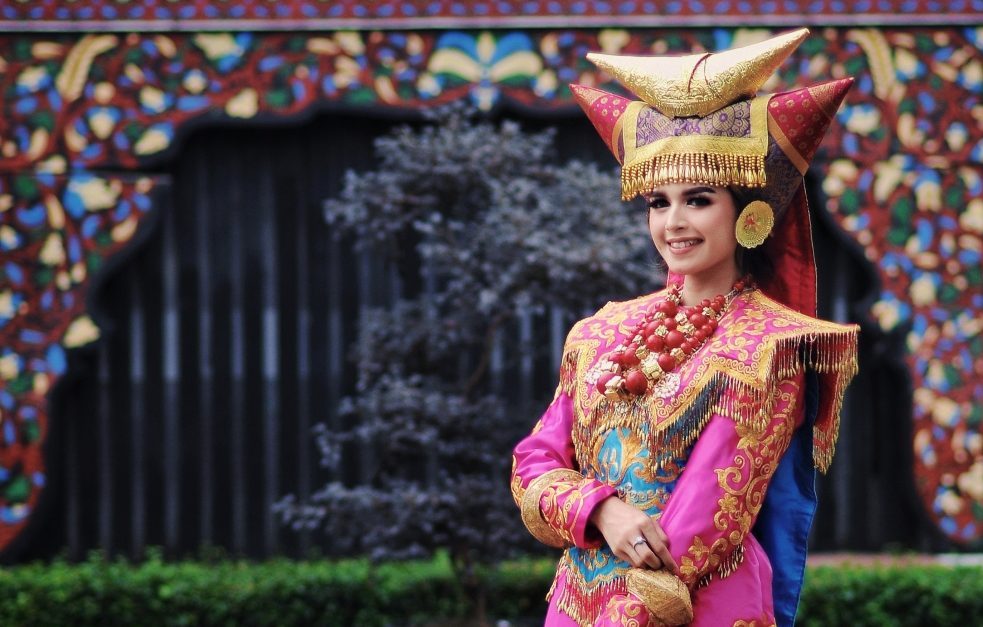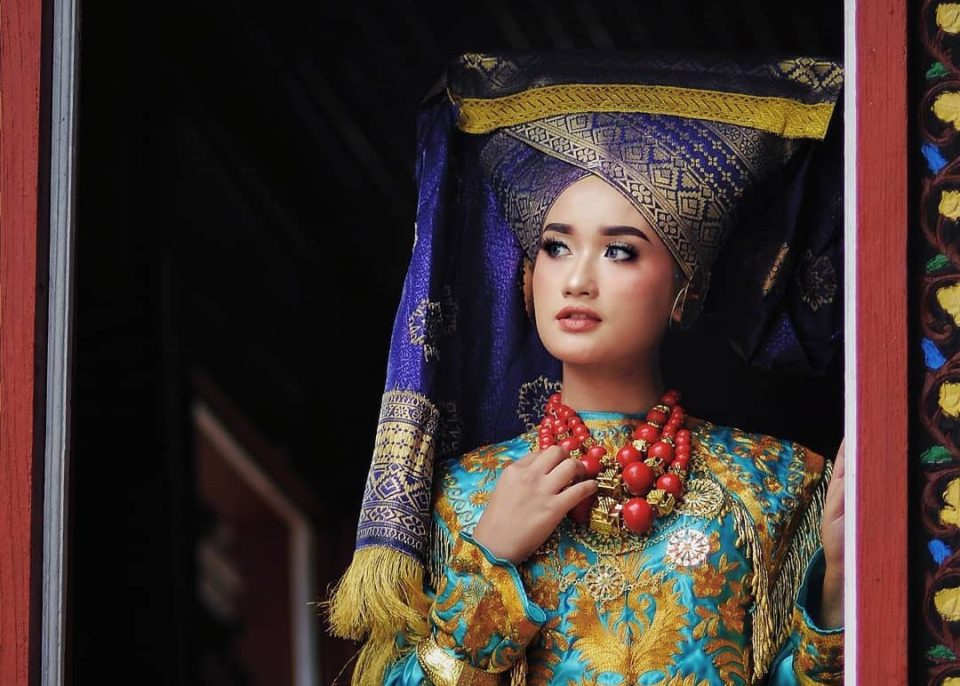The Indonesian Democratic Party of Struggle (PDIP) chairwoman Megawati Sukarnoputri expressed her concern that the Minang people had changed a few months ago.
West Sumatra, from where Minang people derive, was historically laden with national figures and statesmen – even the country’s founding fathers were mostly Minang personalities, like Hatta, Sjahrir, Agus Salim, Yamin, Natsir, and many others. It is believed there are few much-vaunted figures from West Sumatra that go on to become paragons at the national level.
Such criticism is valid and acceptable. This suggests that West Sumatra is still noticed though it ignores different facts developing in a more positive direction, which is the revival of entrepreneurship among bundo kanduang – Minang women. Literally, bundo kanduang means a true mother or a biological mother, but in general it refers to a female leader in Minangkabau. Nurhayati Subakat, founder of Wardah; Elidawati Ali Oemar, CEO of Elcorp; Evalinda Amir, owner of d’Besto; Suarni, AA Catering owner in Padang; and Eva Milza, Asese owner in Padang; to mention just a few represent assorted business activities and companies founded by Minang women that are leading the market.
The extraordinary endeavours of Minang women in business is accredited to two equally crucial factors; a pioneering attitude and comparative advantages. The character and choice to be a trailblazer is part and parcel of Minang philosophy, alun takilek alah takalam or before the light comes, the dark had already been there, meaning the ability to understand someone’s implicit intentions, fathoming someone without him or her declaring it in an explicit fashion. In the context of social association, this manifests through the ability to read people’s tastes and market needs, getting into what people expect in their purview.
These abilities were central to Nurhayati Subakat when she started her business to make Wardah products. As someone with a pharmacist’s background, she captured the needs of young Muslims for beauty in line with Islamic principles. Her wish to help Muslim women along with her existing educational background has led her to create shampoos, which in turn developed into various halal beauty products.
Probably, her pioneering story would never have occurred if two characteristics — desire and knowledge — were not strongly rooted. The work outcomes would be less optimal without her scientific knowledge or base. Equally, mere knowledge without desire is just a daydream. Minang women are committed to putting into practice a principle of “bapikia kapalang aka, baulemu kapalang paham” or thinking with reason, understanding with knowledge; meaning that someone should not do anything without thinking and comprehension.
The same thing was seen when it comes to the establishment of AA Catering — the largest and best catering company in the province — back in 1978. Suarni, the founder, ventured to open a catering business following her preoccupation with providing food and beverages for those from Jakarta who were paying the West Sumatra Regional Police office a visit. Her husband was a police officer. Now, her catering business has three divisions of the business, including weddings with hundreds of computerised, quality recipes. The business has grown and has even achieved ISO 9001 certification. For Suarni, her ability to understand the market’s needs is compatible with her love for cooking. It is a comparative advantage that makes her distinct when doing something by force. People are dedicated when they are doing something as a hobby.
Cooking skills are closely attached to the image and dignity of Minang women. In West Sumatra, being smart at cooking means the capability to prepare gulai (curry). Rendang, asam padeh (a sour and spicy stew dish), kalio (watery and light-coloured gravy), to mention just a few, are variations of Padang gulai. You are not said to be good at cooking for making fried chicken, griddling pancakes, or stir-frying vegetables. To many Minang people, ingenuity in cooking is synonymous with gulai cooking skills. Therefore, cooking skills have been glorified by turning them into a veritable source of economic income, which is a food business. That is why the Padang restaurants, dotted here and there, are tightly linked with the identity of Minang women, although many Padang restaurants now have more male than female chefs and workers.
Merantau or the migratory spirit of Minang people render them not to yield in the face of barriers, as the saying goes, “indak aie talang dipancuang, indak kayu janjang dikapiang,” or by hook or by crook, suggesting that any means possible should be taken to accomplish a goal. This spirit was strongly held by Evalinda, the founder of d’Besto chicken and burger restaurant. Innovation is key to her success, through normal days and periods of crisis. Carrying a different concept compared to its competitors from abroad which generally target the restaurant segment, d’Besto focuses on providing a fried chicken and burger menu in a simple, populist, and mini restaurant. Eva said that d’Besto releases a new menu every three to four months so that consumers do not get fed up. It has grown extensively, so far having over 300 outlets just across Greater Jakarta, Bandung, Surabaya, and West Sumatra. She is scrambling to add many new branches throughout the archipelago.
Business remains to be an unschooled talent Minang women have. It calls for public support in our effort to generate as many young entrepreneurs as possible for this country so that they may score many big roles, today and tomorrow.




